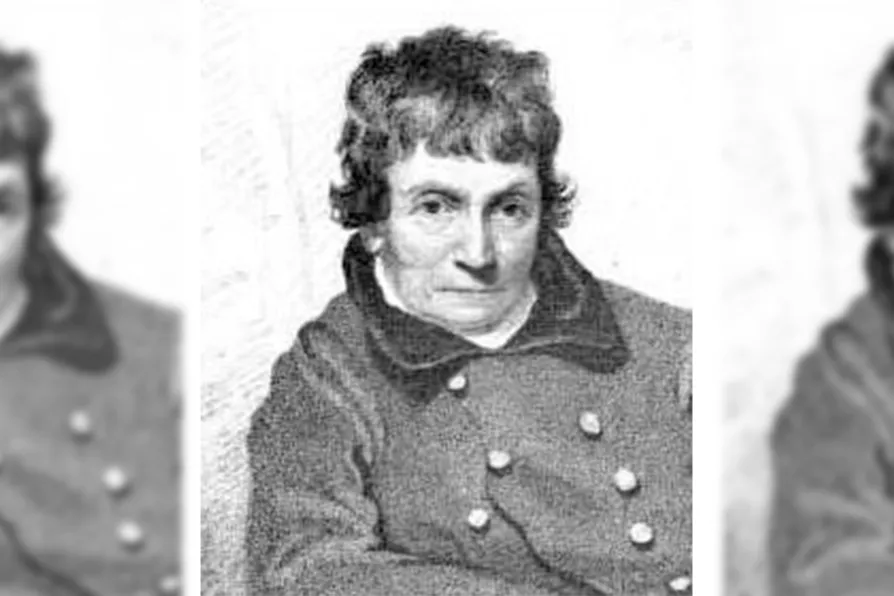Trump threatens war and punitive tariffs to recapture Iranian resources – just as in 1953, when the CIA overthrew Mossadegh and US corporations immediately seized 40% of the oil, says SEVIM DAGDELEN

 Major John Cartwright
Major John Cartwright
IF YOU were to rescue four people from drowning on four different occasions, the first in your early twenties and the last in your fifties, you might expect to be famous for doing so, and perhaps even to have received a little medal or scroll which you could modestly display in the downstairs loo.
But the achievements of Major John Cartwright were such that the four rescues he carried out during his lifetime, one at sea and three in rivers, are nothing but a curious footnote to the story of the man known to history as “the Father of Reform.”
He was born in Nottinghamshire in 1740 to a landowning family, which, while still well connected, had once been rich but was now merely comfortable. John joined the navy on leaving school, saved a comrade from drowning, and rose in rank rapidly.
Serious health problems resulting from his service forced him to return home in 1770 as a convalescent. This turned out to have a significant effect on his life since he spent much of his time reading — and he began to develop ideas about constitutional matters which would eventually lead to this distinguished military veteran appearing in court at 80 years old charged with sedition.
As the war between Britain and its US colonies approached, Cartwright became convinced that it was the US rebels who had right on their side. Though still a serving naval officer, in 1774, he published a pamphlet arguing that the colonists had an inalienable right to govern themselves.

A WWI hero, renowned ornithologist, medical doctor, trade union organiser and founder member of the Communist Party of Great Britain all rolled in one. MAT COWARD tells the story of a life so improbable it was once dismissed as fiction

‘Honest’ Tom Wharton’s 1682 drunken rampage through St Mary’s church haunted his political career, but his satirical song Lillibullero helped topple Catholic James II during the Glorious Revolution, writes MAT COWARD












